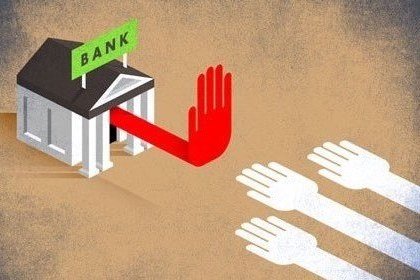Lending standards remain a definite thorn in the side of the housing recovery, but the latest quarterly survey from FICO/PRMIA offered glimmers of hope.
Earlier in the year, CoreLogic completed a study of the nation’s mortgage markets, and it came to a conclusion that was hardly surprising to the real estate industry – lending standards remain extremely tight in the residential mortgage markets. Though standards have not increased in the last year, around 85 percent of today’s mortgages still require a credit score of at least 700, up from just 52 percent in 2005.
Clearly, lending standards need to loosen a bit for the housing recovery to truly take flight, but the latest quarterly survey from FICO/PRMIA has offered some glimmers of hope. According to the survey, 19.9 percent of lenders expect lending standards to relax in the coming months; though that number may seem low, it’s an increase of 7.8 percentage points from the fourth quarter, or, a 64 percent quarter-over-quarter jump.
Andrew Jennings, the chief analytics officer at FICO and head of FICO Labs, said such a leap in lender sentiment represents good things for the housing market.
“The latest survey results, combined with data that indicates the real estate market is improving in many regions, paint a positive picture for a sector of the economy that has been slow to join the recovery,” Jennings said. “Mortgage lenders have been understandably guarded over the past five years. The improvement in their sentiment should be welcome news, and I wouldn’t be surprised to see lenders cautiously expanding their mortgage and home equity lending businesses.”
The FICO/PRMIA survey measured lender sentiment towards other aspects of the housing market as well, and we have those findings collected in the infographic below:

